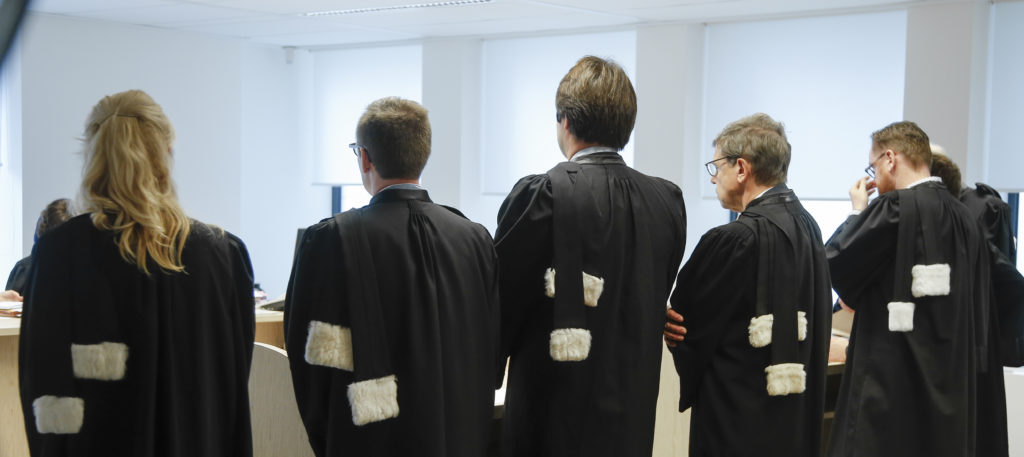
Dieselgate: finally Belgian class action against VW on trial

Lawyers of consumer organisation Test Aankoop/Test Achats introducing a class action against VW before the Brussels Court /Belga
Nine years after the Dieselgate scandal 'exploded', Volkswagen and its Belgian importer D'Ieteren Auto are facing trial in Brussels in a cla


Comments
Ready to join the conversation?
You must be an active subscriber to leave a comment.
Subscribe Today